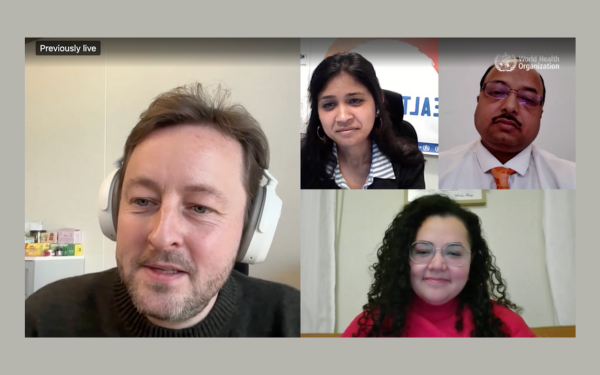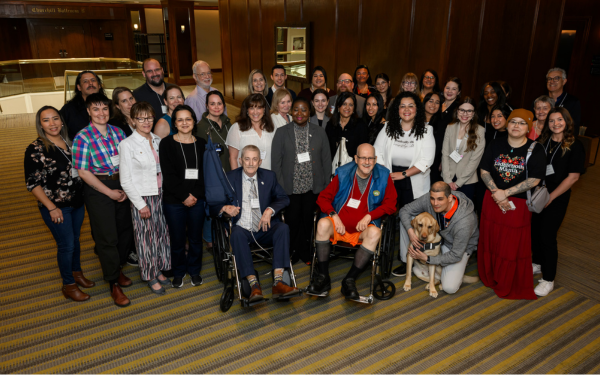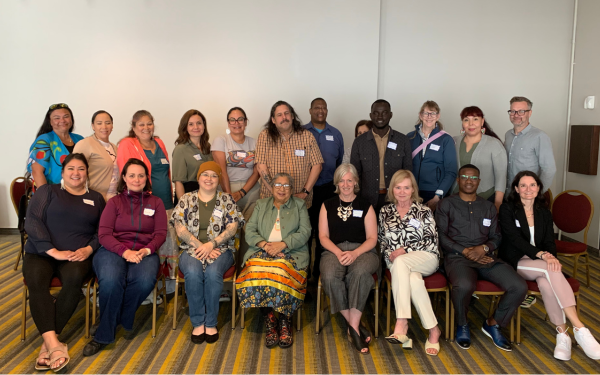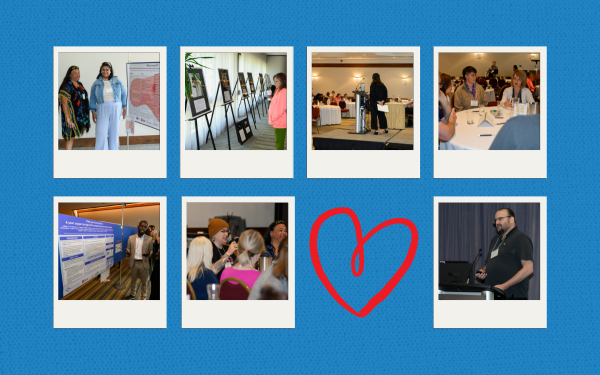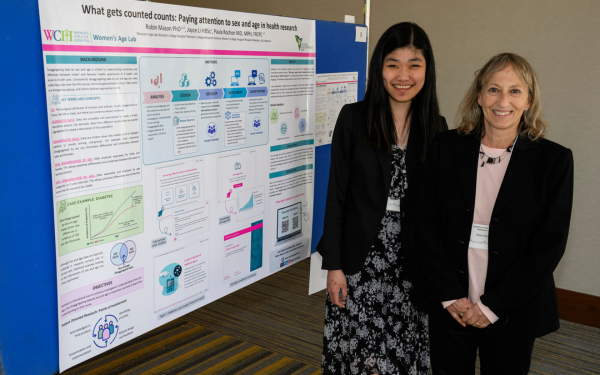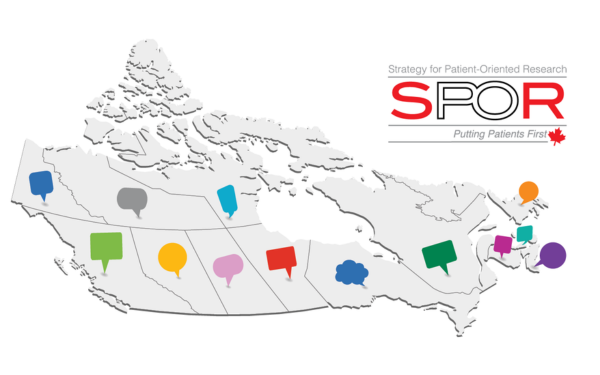Over the last several months, we’ve been celebrating the accomplishments of our inaugural Catalyst for Change Award winners. These are Diabetes Action Canada patient partners who have made an exceptional contribution to patient-oriented research. Our next winner? Matt Larsen.
Matt Larsen discovered patient-oriented research when, in 2019, he was invited to participate in a focus group about what it’s like to live with diabetes while experiencing homelessness. The group, led by Dr. David Campbell, was a revelation for Larsen, who, until then, had not realized he could be part of the research process.
Initially, his reasons for participating in the study were practical; the project paid a small fee and he needed the money. He did not anticipate that it would change his life. He found the focus group discussions provided meaning and connection, as well as an opportunity to share his experiences in a supportive environment. He felt much less alone in his circumstances, and he and the other participants began to see the sessions as a highlight of their week.
Through that experience, Larsen developed a passion for patient-oriented research. He remains a part of Campbell’s team as a patient partner he has contributed to multiple projects, including the Home Sweet Homeless photo exhibit and the making of the short film, Low, which is about what it’s like to live with diabetes while experiencing homelessness. He is also one of the inaugural fellows in the Diabetes Action Canada Research to Action Fellowship.
“I didn’t realize, at first, how important it is,” says Larsen of patient-oriented research. “Over the years, though, I’ve seen the impact projects like the photo voice exhibit have had on getting individual stories out. I think it’s very powerful. People with lived experience, especially this type of lived experience, are underserved in our society, so this work is important.”
Campbell, who nominated Larsen for the award, has been impressed by how dedicated Larsen is to improving outcomes for people with lived experience of diabetes and homelessness.
“I’ve known Matt for five years. He was initially recruited as a study participant in a participatory research project in January 2019. Over time he became a star community co-researcher. Matt took on a leadership presence among the group. He was always the first to complete his assignments and then helped his fellow co-researchers to advance theirs. He stood out among his peers, particularly with respect to his inquisitive approach to problems and his desire to generate new knowledge through the research process,” says Campbell.
“I invited Matt to join my research team as a research assistant in the spring of 2021 to take on the role of peer facilitator in our community-based participatory research program, and we have been working together closely since that time. Since working with me as a research assistant, Matt has truly excelled. He has led and participated in a number of research initiatives including data collection and data analysis, and he has contributed to manuscripts, posters, presentations, and abstracts. He is an author on six published manuscripts (including two in CMAJ) and numerous abstracts.
“Matt’s abilities and aptitudes for research led me to invite him to take the next step in furthering his research expertise by joining my team as a graduate student, which he began in September 2022. Matt’s personal background is unlike any other student I have met. His first-hand experiences provide him with empathy, compassion and interpersonal skills which will enable him to become an outstanding asset to the community at large.”
Larsen is excited about next steps. As a Diabetes Action Canada Fellow, he is working with different organizations, including Obesity Canada, where he is developing new skills and relationships. He has been attending conferences and taking part in the many trainings the fellowship provides. He is in the final year of his graduate program and is looking to transition into full-time employment in the research space. His main research interest is on shame and how that can impact a person’s decision to get the support they might need.
He looks forward to continuing to be an advocate and to sharing his own experiences to help others. “I think it’s really important to normalize discussions about topics that are considered “shameful”. If we don’t talk about our experiences and our feelings, that’s how shame breeds,” he says. “It is important to have the courage to kind of talk about this stuff. Hopefully it can help other people as well.”
